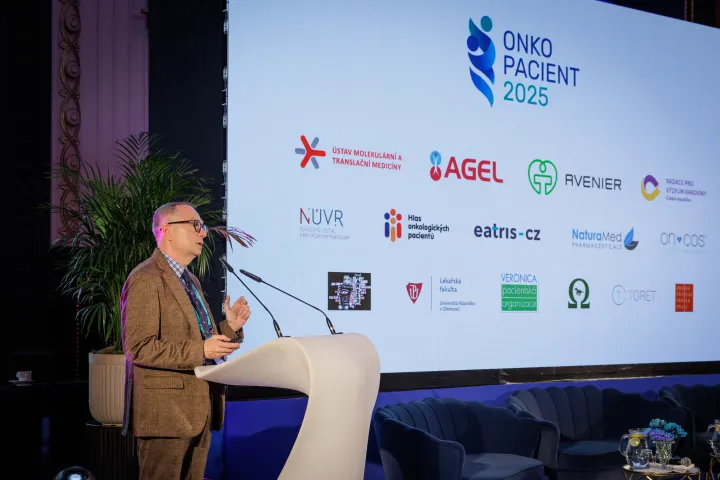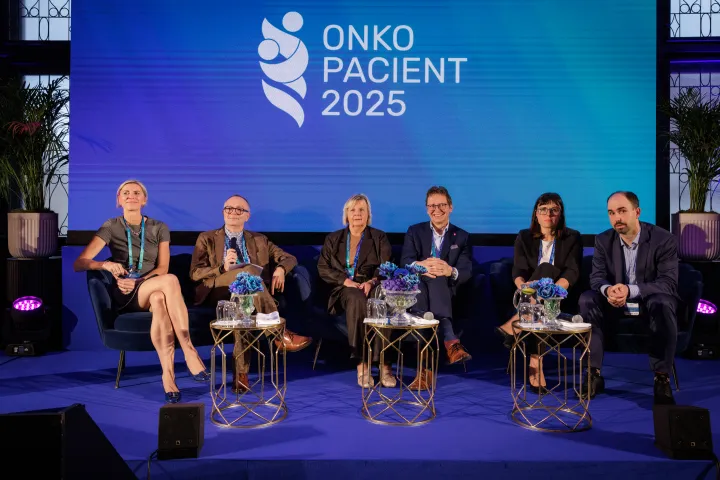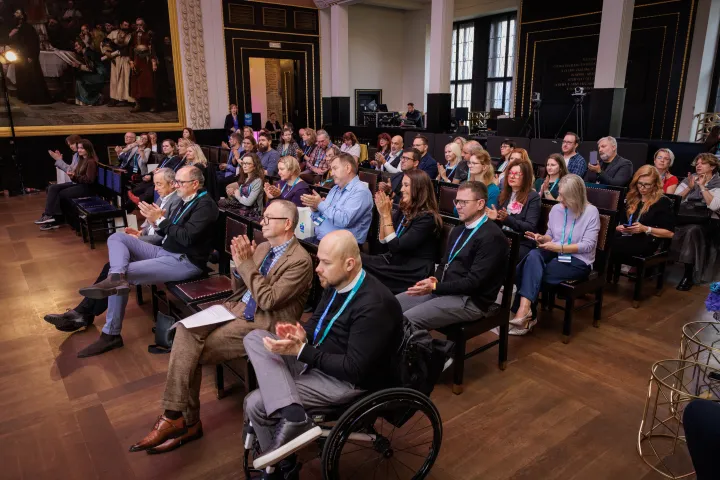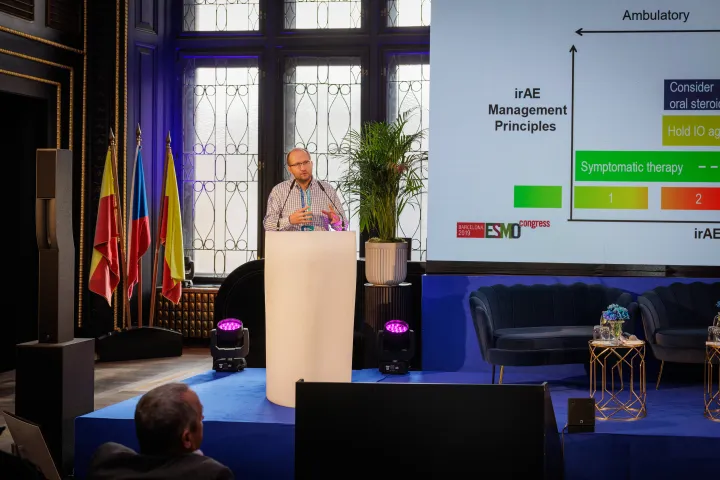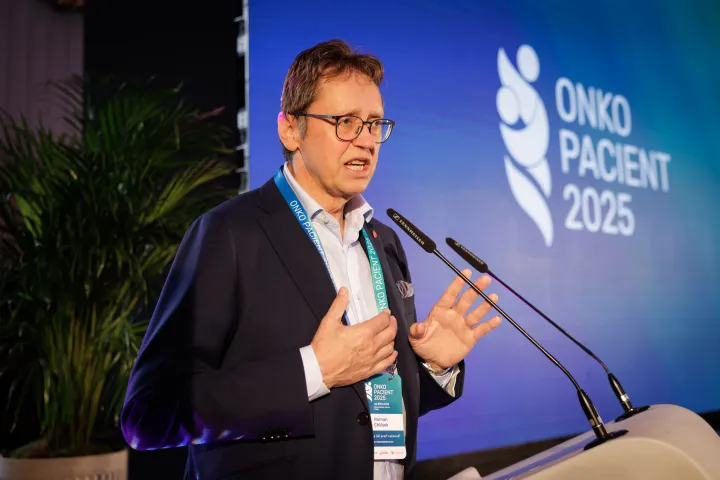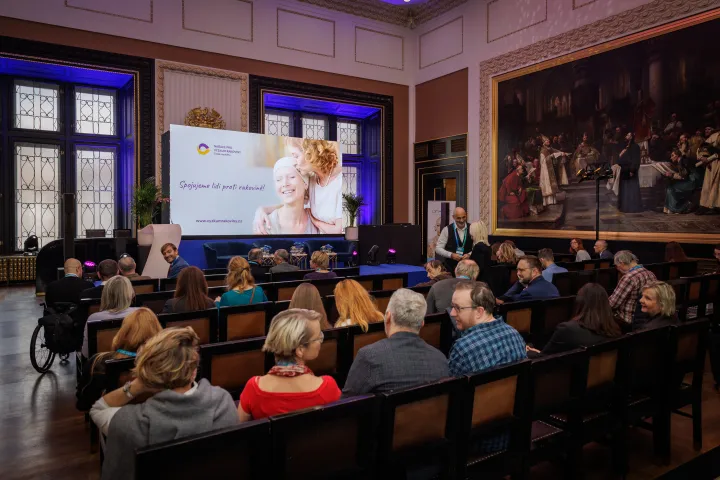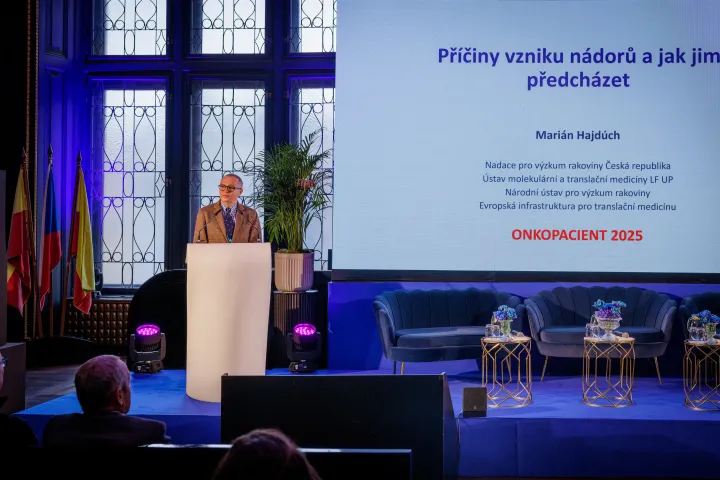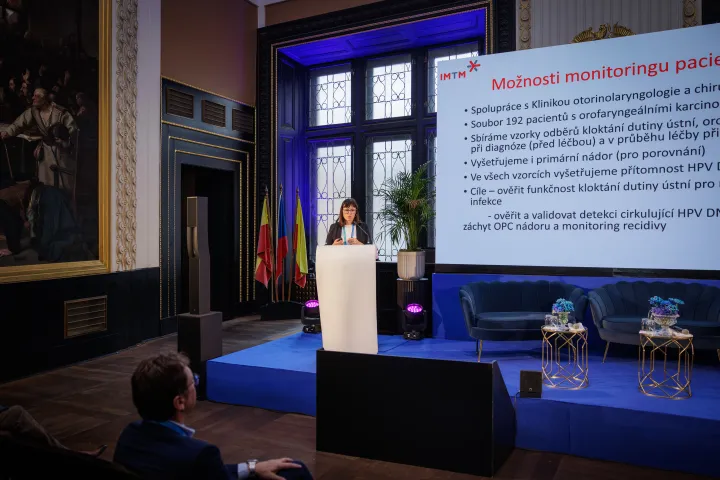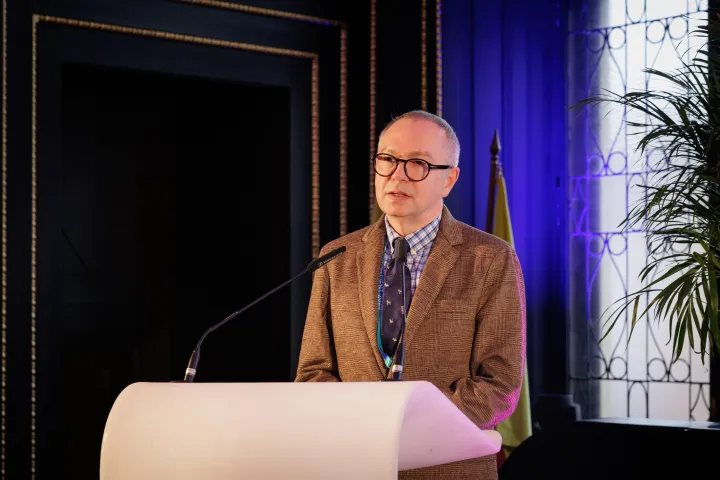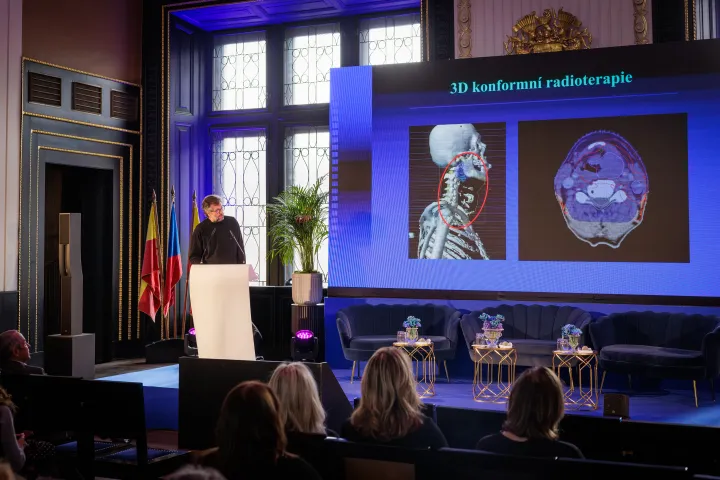Almost three thousand people in the Czech Republic are diagnosed every year with cancer linked to human papillomavirus (HPV) infection, according to data from the Institute of Health Information and Statistics (ÚZIS ČR). Most people associate this infection with cervical cancer, which is newly diagnosed in approximately 750–800 women annually. However, a similar number of new cases—over 800 each year—are cancers of the oral cavity and pharynx, which are also caused by HPV. These cancers often affect younger, previously healthy individuals, and are more common in men than in women. Yet, the entire group of malignant tumors associated with high-risk HPV infection—including cancers of the vulva, vagina, anus, anal canal, and penis—could, in fact, be completely preventable.
“Epidemiological studies have proven beyond doubt that among individuals vaccinated against HPV, these cancers do not develop—or their likelihood is extremely low,” said Marián Hajdúch, Director of the Institute of Molecular and Translational Medicine (IMTM) at the Faculty of Medicine, Palacký University and University Hospital Olomouc, Medical Director of the National Institute for Cancer Research, National Director of the major European research infrastructure for translational medicine EATRIS-CZ, and Chairman of the Board of Trustees of the Cancer Research Foundation Czech Republic, which organized this year’s ONKO PACIENT 2025 conference. The event, now in its third year, was aimed at cancer patients, their families, and the general public—this time focusing specifically on cancers associated with HPV infection.
“Our main mission is to educate patients and the public not only about cancer prevention, diagnosis, and treatment, but also to support cancer research, which anyone can contribute to—even with a small donation,” said Peter Vanek, Director of the Cancer Research Foundation.
Prevention Is in Everyone’s Hands
Around 80% of people will contract HPV at some point in their lives—some even repeatedly. In most cases, the immune system clears the infection naturally. But when it doesn’t, the virus can persist, and high-risk HPV types may damage human DNA, potentially leading to cancer. Vaccination prevents the virus from settling in the body in the first place.
HPV-related cancers are not the only types of cancer that can be prevented. It is estimated that 4 out of 10 cancers could be avoided, primarily through lifestyle changes as part of primary prevention.
Equally important is secondary prevention, especially participation in screening programs for early cancer detection, all of which are fully covered by public health insurance in the Czech Republic. For example, since the launch of the cervical cancer screening program in 2008, both the incidence and mortality rates of this disease have dropped by about one-third.
However, screening options for cancers of the oral cavity and pharynx remain limited, as reliable and non-invasive tests for precancerous lesions are not yet available. Research led by Marián Hajdúch is now developing mouth-rinse (gargle) tests that could detect high-risk HPV types in the oral cavity and pharynx—helping to identify early cancer development in these areas.
Hajdúch also emphasized the global urgency of strengthening both primary and secondary cancer prevention, citing World Health Organization data: “In 2020, cancer claimed 10 million lives worldwide. If nothing changes, by 2040 that number will rise to 28 million. No healthcare system in the world—whether in terms of capacity, personnel, or finances—is prepared for such an increase in cancer cases. The only way to prevent it is through rigorous prevention.”
Myths and Realities of Vaccination in Cancer Patients
Roman Chlíbek, Chairman of the Czech Vaccinology Society (ČLS JEP), addressed myths and facts about vaccination in cancer patients at ONKO PACIENT 2025. “Vaccination is often overlooked in cancer patients, yet it is a crucial part of both their treatment and prevention. There are many myths—such as that vaccines are ineffective in cancer patients, that they worsen the disease, or even trigger a relapse. The opposite is true,” he explained.
Cancer patients are advised to receive vaccinations against respiratory infections (COVID-19, influenza, RSV), as well as against pneumococcal and meningococcal infections, tick-borne encephalitis, shingles (herpes zoster), tetanus, and viral hepatitis. Vaccination should ideally be carried out before treatment begins—ideally soon after diagnosis—but it can also be administered during or after treatment, depending on the type of vaccine and the patient’s immune recovery.
“Vaccination is not just an optional preventive measure for cancer patients—it is part of comprehensive care that protects their lives, helps maintain the effectiveness of cancer therapy, and improves their overall prognosis,” stressed Chlíbek. “Modern vaccines, when used correctly and tailored to the patient, are safe. They cannot worsen cancer or cause new tumors, and they remain effective even in the presence of weakened immunity.”
A European Spotlight on Czech Science
This year’s ONKO PACIENT 2025 conference was part of the EATRIS Spotlight program, which highlights leading Czech achievements in translational medicine at the European level. Its mission is to connect science, clinical practice, industry, and patients, and to show how innovations move from laboratories to real-world applications—particularly in prevention, early diagnostics, and advanced cancer therapies.
DATA & FACTS
Lifestyle and Cancer Risk – What We Can Change
According to Cancer Research UK, the following risk factors cause cancer deaths worldwide each year:
Tobacco smoking: 1,000,000 deaths
Excessive alcohol consumption: 600,000 deaths
Air pollution: 200,000 deaths
High consumption of processed meat: 34,000 deaths
ABOUT THE ORGANIZERS AND PARTNERS
EATRIS-CZ – The Czech national research infrastructure for translational medicine, connecting academic, clinical, and industrial institutions. It is part of the European EATRIS-ERIC network, which accelerates the translation of basic research findings into clinical applications.
Institute of Molecular and Translational Medicine (IMTM), Faculty of Medicine, Palacký University and University Hospital Olomouc – A national center of excellence in personalized medicine, molecular diagnostics, and drug development.
National Institute for Cancer Research (NICR) – Brings together leading Czech research institutions focused on cancer research, prevention, diagnosis, and treatment, and on translating scientific findings into clinical practice.
Cancer Research Foundation Czech Republic – Supports education, research, and public awareness in oncology, and is the organizer of the ONKO PACIENT conference, which has become a platform for dialogue between scientists, physicians, patients, and the public.
More info www.vyzkumrakoviny.cz/onko-pacient-2025/
Photo: Milan Marenčák

